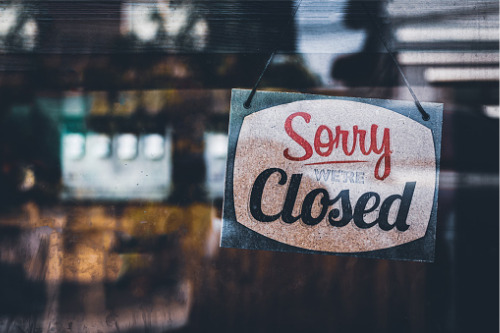

Michael Gehrt recalls a recent case involving a satellite television company that made set-top boxes for its customers.
“There was flooding all the way over in Thailand several years ago, and at the time the world’s hard drive supply was largely manufactured in Thailand,” said the Los Angeles-based attorney with insurance recovery law firm Pasich LLP.
“As a result of that flooding, the supply of hard drives substantially went down worldwide, which resulted in my clients having to incur substantial additional costs to procure the hard drives needed for their hardware.”
Those additional costs weren’t covered by the company’s contingent business interruption (CBI) coverage, the company’s insurer claimed, because they didn’t see that slowdown as an insurable loss.
At issue was whether the supplier of the hard drives could be considered a “direct supplier” to the company, as opposed to an indirect supplier that wouldn’t be covered.
In the case that went all the way to the Ninth Circuit, it was ultimately decided that the insurance company was assumed to have known what “direct supplier” meant in the context of the company’s business, and it did not necessarily mean the hard drives were shipped directly from Thailand to the company’s facility.
“You have to understand how the electronics supply chain works,” Gehrt said. “The modern world doesn’t work like that any more, it doesn’t work from just A to B.”
Derek Royster, a Charlotte, NC-based partner at advisory CPA firm Baker Tilly, doesn’t need much convincing about how much more complicated the modern world has become – or how CBI coverage has had to evolve to deal with more complicated times.
In his more than 25 years working with and leading the firm’s global forensics team, he has seen a lot in his time reviewing and quantifying losses following large catastrophes. And with much of the world still in the grip of one of the largest sources of business interruption in a century, we may be seeing a lot more to come.
“COVID is impacting everywhere, which is somewhat dissimilar to seeing a tornado strike a small area or a hurricane that’s more regional,” he said.
“COVID is not only impacting the US but is global, hitting most, if not all, countries around the world at least from an economic perspective. From an insurance perspective, it raises all kinds of questions.”
One of those questions, he says, is the challenge of quantifying the loss of business income for businesses operating in a time of COVID that have been impacted by another insurance peril, like a fire.
“When you go back and look at historical sales and so forth, the look back periods aren’t as reflective as current operations,” he said.
“When we look at a business, we’re looking at revenue and sales to project revenue and sales for the period of interruption. With COVID, the look-back periods aren’t as reflective as they have been historically, so we’re having to look at things more creatively.”
Pandemics, climate change, increasing frequency natural disasters, increasingly intricate supply chains growing more and more complicated – it’s no wonder companies with CBI coverage may be anxious trying to figure out exactly what is covered by their policies.
“Many of these businesses leave CBI coverage as an afterthought because they have insurance for their physical locations and don’t anticipate the impact a catastrophic event can have on their suppliers,” Gehrt said.
“Hurricanes and other extreme weather can cause economic losses around the world as the disruption ripples through supply chains. It can take years for a company to recover from such a disruption. CBI insurance is designed to cover that supply chain risk and should be carefully considered whenever a company is experiencing supply chain issues.”
If there is a silver lining in the challenges wrought by the pandemic, though, it could be companies that once never had much cause to think about the extent of their CBI coverage have started asking questions – and, thanks to the pandemic giving a boost to technological innovation, brokers are in a better position to have those answers more quickly.
“There’s definitely been a fast-track, a modernization of the claims process,” Royster said, noting Baker Tilly’s own digital claims management platform, Quantum, was designed to automate the intake, evaluation and client reporting associated with damage analysis.
“Because of the pandemic, the way we work is going to change, it has changed and it’s going to change as we move forward. We’ve seen an increase in technology because of this, and I think it’s going to be here to stay.”
